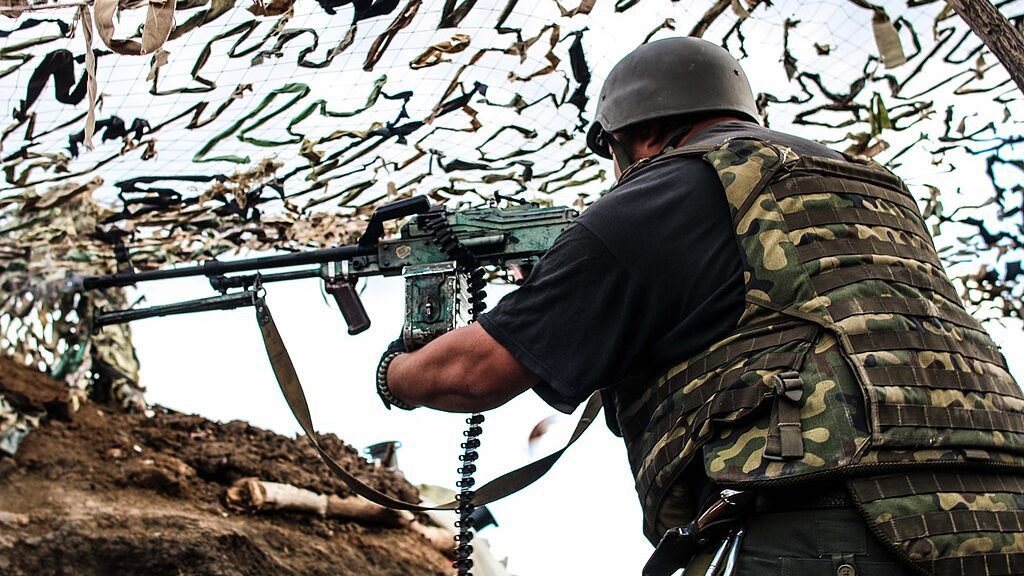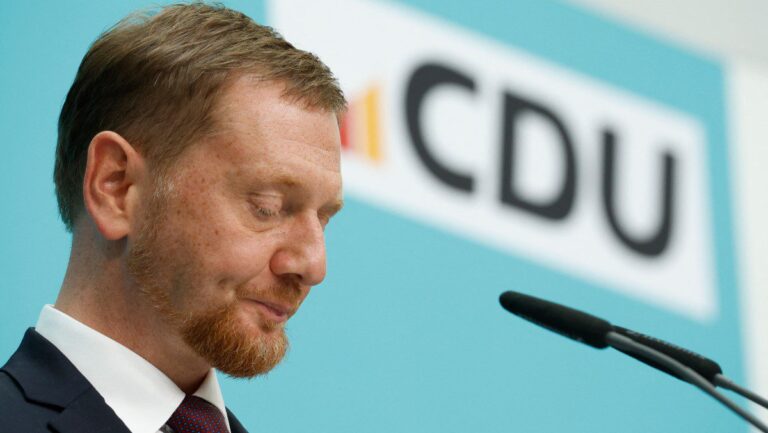Hungarian Foreign Minister Péter Szijjártó said there had been a huge uproar during the Brussels meeting Monday between EU’s foreign ministers after Hungary refused for the EU to give €6.5 billion worth of arms deliveries to Ukraine through the so-called European Peace Facility (EPF) The EPF is an EU-backed fund that is supposed to “enhance the EU’s ability to prevent conflicts, build and preserve peace and strengthen international security and stability,” but which has provided billions of euros in military aid to Ukraine.
EU decisions on foreign policy require the unanimous backing of all 27 member states. Lithuanian Foreign Minister Gabrielius Landsbergis criticised Hungary for blocking “almost all of our discussions and needed solutions and decisions.” Estonian Foreign Minister Margus Tsahkna said: “Every time we are coming here, we have to convince Hungary about not blocking very important initiatives.”
Hungary has vetoed a number of EU decisions involving Ukraine, and has been the only EU member state since the outset of the war to reject sending weapons. “My German, Polish and Lithuanian colleagues all attacked me, but they can shout as much as they like, we are not going to give in to pro-war pressure. We want to avoid the escalation of the war,” Szijjártó said after the meeting.
As the more hawkish member countries of NATO draw up plans for the military alliance to play a more active role on the ground, it could become more directly involved in the war in Ukraine. Szijjártó said these “crazy” plans threaten to escalate the situation and drag the rest of Europe into an all-out war with Russia.
According to the German daily Bild, some NATO member countries, especially the Baltic states, Britain, and Canada are urging the alliance to move some NATO operations to within Ukrainian territory.
The aim is to help the Ukrainian army, which is facing a slow Russian advance on the battlefield and is finding it difficult to replenish its forces. Landsbergis said the plans do not amount to an escalation of the war, but would make sense from a logistics point of view. Former Latvian Defence Minister Artis Pabriks told Bild that soldiers from the Baltic countries could “carry out tasks” in Western Ukraine or clear mines in areas liberated from Russia.
The plans come on the heels of French President Emmanuel Macron’s controversial and divisive comments, repeatedly saying that sending Western troops to Ukraine should not be ruled out. According to him, were Russia to push further into Ukraine, the move would be “legitimately” considered in Europe if requested by Kyiv.
In contrast to his Baltic colleagues, Hungary’s Szijjártó does think that Europe is threatening to escalate the situation on the ground if it decides to go ahead with these “crazy” plans.
Speaking to journalists after the EU foreign ministers’ meeting in Brussels, Szijjártó said many of his colleagues—whose countries are also members of NATO—praised the idea of sending troops and using Western weapons against Russian targets. The war mentality shows no sign of dying down, he said, adding that Hungary will never send its young men to fight in Ukraine, and rejects the idea of making military service compulsory throughout Europe—an idea floated by Manfred Weber, president of the European People’s Party.





